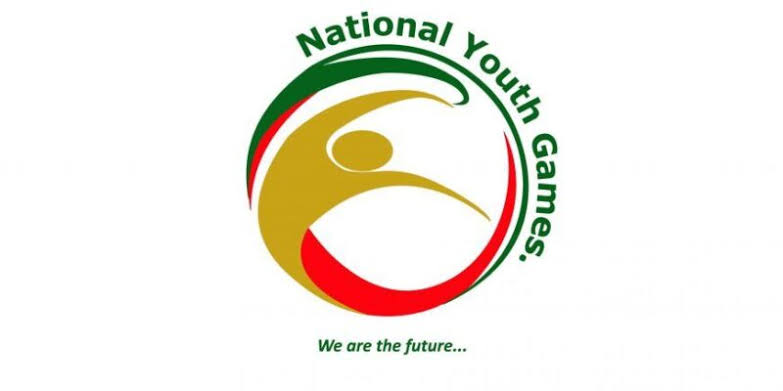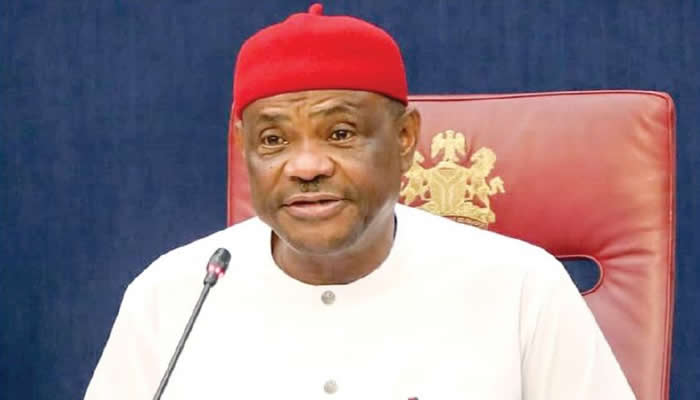
"I Was a Virgin but Addicted to Porn – Gaise Baba Opens Up on Struggles Before Marriage

Popular Nigerian gospel singer and cultural ambassador, Gaise Baba, has stirred emotions and provoked wide public discourse following his recent candid confession about his premarital sexual struggles. In an eye-opening revelation during an exclusive interview with Nigerian Tribune, the Afro-fusion artiste confessed that though he maintained his virginity until marriage, he struggled with an addiction to pornography before tying the knot. His honest admission has struck a nerve with many fans and followers, sparking conversations around sexuality, faith, personal discipline, and the unseen battles that even Christians silently endure.
Born Gboluwaga Akinade Ibuoye, Gaise Baba has often been seen as a beacon of light in the Christian music space. Known for fusing Afrobeat rhythms with spiritually conscious lyrics, he has built a unique brand centered on uplifting African youth with faith-based messaging. However, his recent confession peels back the layers of a public image that many believed to be flawless, revealing instead a story of internal conflict and quiet perseverance.
According to the singer, the decision to stay celibate until marriage wasn’t just about upholding Christian values but a personal vow deeply rooted in his relationship with God. He described how challenging it was to maintain that commitment in a hypersexualized world where abstinence is often ridiculed and seen as outdated. Yet, while he succeeded in avoiding physical intimacy before marriage, Gaise Baba admitted that he fell into the digital pit of pornography, an addiction he described as subtle, progressive, and spiritually damaging.
He recounted that the journey into porn wasn’t a sudden plunge but a gradual drift that began in adolescence. Curiosity, peer pressure, and unsupervised exposure to the internet created the perfect storm. What initially seemed harmless eventually turned into a cycle of guilt, shame, and secrecy that lasted for years. Despite his active role in church and leadership responsibilities, Gaise Baba explained that he felt trapped in a dual life—one that inspired others in the daylight and one that battled private demons in the dark.
Speaking with a striking vulnerability, he said, “Yes, I kept my body, but I struggled with pornography. It was a contradiction I hated, but I was caught in it.” He acknowledged the damaging impact of porn on his mental and spiritual health and how it distorted his perception of intimacy, relationships, and even himself. “Porn is deceptive,” he added. “It makes you think you're satisfying a need, but it empties you inside. It creates an illusion of connection while pulling you away from real intimacy.”
Gaise Baba’s transparency is not just rare; it is revolutionary in a culture where men, particularly Christian men, are expected to maintain stoic silence about personal struggles, especially those involving sexuality. His decision to speak out is already being hailed by many as courageous and timely, particularly in a society where access to pornography is easy, yet open conversations around its psychological and spiritual toll are still largely considered taboo.
His story also exposes the hidden layers of the so-called purity culture, especially within Christian communities. While many churches emphasize virginity before marriage, there’s often little to no guidance or support provided for dealing with other forms of sexual temptation, such as pornography. Gaise Baba's revelation opens up the conversation for a more holistic approach to sexual integrity—one that goes beyond physical abstinence and includes the mind, heart, and soul.
In the same breath, Gaise Baba spoke about his healing journey. He revealed that his breakthrough came through a combination of spiritual interventions, accountability, and professional counseling. He credited his wife as a major support system, describing her understanding and encouragement as instrumental to his recovery. The couple’s willingness to be vulnerable with each other laid the foundation for a marriage built on honesty, grace, and mutual support.
“Freedom didn’t happen overnight,” he said. “It was a process. I had to unlearn lies, rewire my thoughts, and lean into the truth of God’s word. Counseling helped. Mentorship helped. Prayer helped. But most importantly, acknowledging the problem was the first real step to healing.”
Social media reactions to his interview have been varied. While many applaud his courage and honesty, others have responded with disbelief and criticism, questioning why a public figure would share such a deeply personal issue. Still, there’s no doubt that his story has sparked necessary conversations around hidden struggles, particularly among young men in faith communities.
Psychologists and relationship experts have also weighed in, noting the importance of Gaise Baba’s openness in destigmatizing issues related to pornography addiction. According to Dr. Chinedu Ajayi, a clinical psychologist based in Lagos, Gaise Baba’s confession serves as a reminder that addiction doesn't discriminate based on morality or religious values. “What he’s done is powerful,” Dr. Ajayi said. “He’s helping people understand that struggles are not a sign of failure but an invitation to seek help and healing.”
Gaise Baba’s journey has now become more than just a personal story—it is a symbol of the complex battle between faith and flesh, the unseen scars that people carry even while smiling on stage or preaching on pulpits. It also challenges religious communities to create safe spaces where people can be honest about their struggles without fear of condemnation.
In a world that glorifies perfection and pretends away weakness, Gaise Baba’s testimony is both sobering and refreshing. It is a story of grace—one that teaches that purity is not just about what we abstain from, but how we confront, confess, and conquer the silent battles within.
As he continues to release music and inspire a generation with his message, Gaise Baba hopes his story will be a lifeline to others caught in similar cycles of guilt and shame. “I want people to know it’s okay to be real,” he said. “Struggles don’t define you. How you respond to them does. And God’s grace is always bigger than our greatest weakness.”
In a time when appearances often matter more than authenticity, Gaise Baba has chosen the narrow road of truth—one that might not be comfortable, but certainly liberates.


